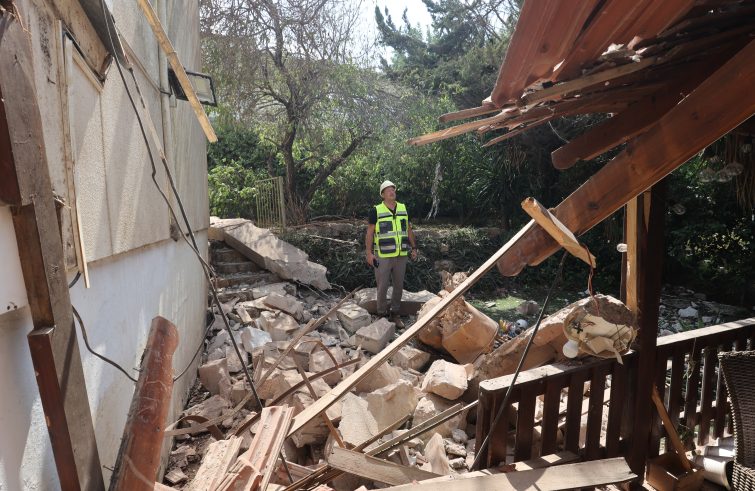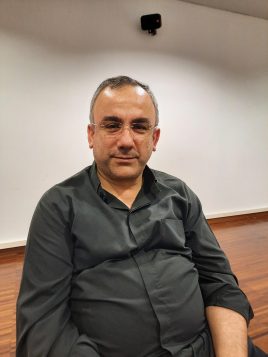
Our children, our families need you. We are not ashamed to ask for help. They are waiting for a spark of hope, someone who will be there for them in these trying times. There are thousands of people waiting in emergency shelters and we are ready to help, if only we had the means to do so”: Father Michel Abboud, President of Caritas Lebanon, launched this appeal through SIR, as Israeli strikes intensified across southern Lebanon, with 1600 Hezbollah targets hit on Tuesday. According to the Lebanese Minister of Health, Firass Abiad, the toll from the Israeli airstrikes has risen to at least 558 dead and 1,835 wounded. Fifty minors, 94 women and four paramedics were among the victims. Civilians are fleeing their homes in southern Lebanon; hospitals are on the verge of collapse and schools have been turned into makeshift shelters. Fr Abboud worries that Christian communities may also suffer casualties and destruction: Unfortunately, Hezbollah was also based in Christian villages hit by Israeli airstrikes that have surely caused widespread damage.”
 “The war took us by surprise”, says the President of Caritas Lebanon, “it displaced our families and burdened our hearts. We would never have expected that things would escalate to such an extent.” “We are going through a very difficult time,” he adds, “a time marked by uncertainty and fear.
“The war took us by surprise”, says the President of Caritas Lebanon, “it displaced our families and burdened our hearts. We would never have expected that things would escalate to such an extent.” “We are going through a very difficult time,” he adds, “a time marked by uncertainty and fear.
Civilians are worried about the escalation of tensions in the region, and this heightens their fears about the future.
There is an overwhelming sense of anxiety and tension, especially in households that have already lived through so many crises. Some families have evacuated their homes and arrived at the shelters with nothing at all.”
A state of emergency proclaimed in Lebanon. “The general population is in a state of maximum alert, striving to provide assistance to the elderly, children, fathers, and mothers to the best of their abilities.” “The evacuees have left behind not only their material belongings but also their personal memories, their homes, and their assets.” “All they have now is their life, spared by pure chance, as they continue seeking shelter to protect themselves from hunger and fear.” Numerous evacuees approached the Caritas centres and inquired, “What can you offer us?” “Our response was, ‘We will provide anything within our capacity.”
Refugee crisis in southern Lebanon.
“Hundreds of families abandoned their homes in search of a safe haven from the scourge of war and the shadow of death.”
“Caritas is engaged in active intervention, providing relief aid in the form of food, water, medicines, and psychological and social support to refugees, with a particular focus on children and women. They collaborate with other humanitarian organisations with the objective of optimising the use of resources and responding to the most pressing needs.
In addition to food and medicine, Caritas also offers psychological assistance. “We provide assistance in the form of food, medicine, and psychological support,” Father Abboud said. “The younger members of our community volunteer their assistance in the educational facilities that are currently hosting displaced civilians. From the outset, on 9 October 2023, the Caritas staff offered their support in the event of any safety concerns.”
But the resources are running short. There is an urgent need for essential goods. “The painful truth is that we are running out of resources”, Fr. Abboud concluded. “We already provided the resources we had to those affected by the ongoing crises in Lebanon.” We distributed medicines, provided medical treatment and counselling, and offered our continued presence and support.
What they need now are the bare essentials to survive: food, mattresses, medicines and essential hygiene items.”












